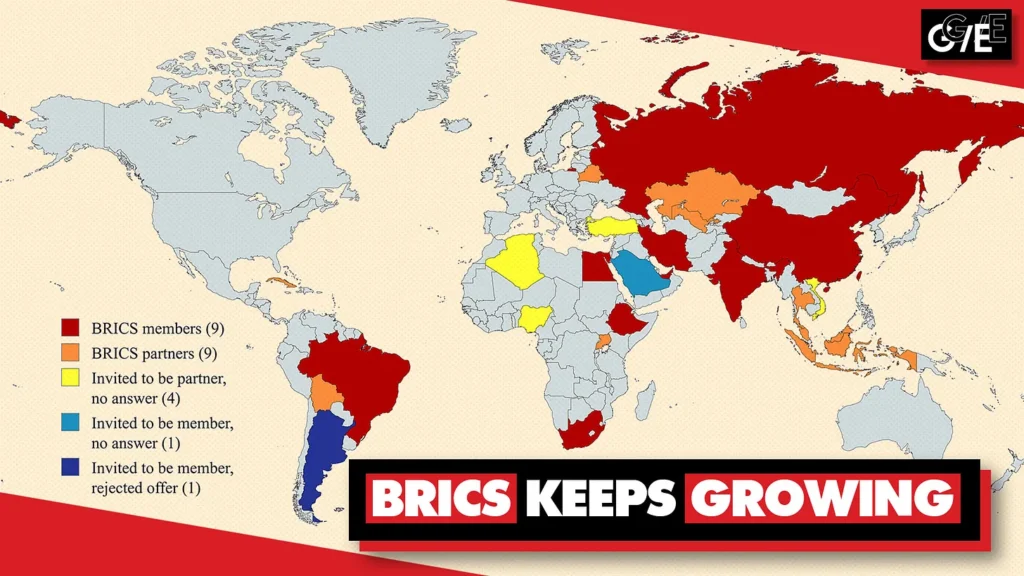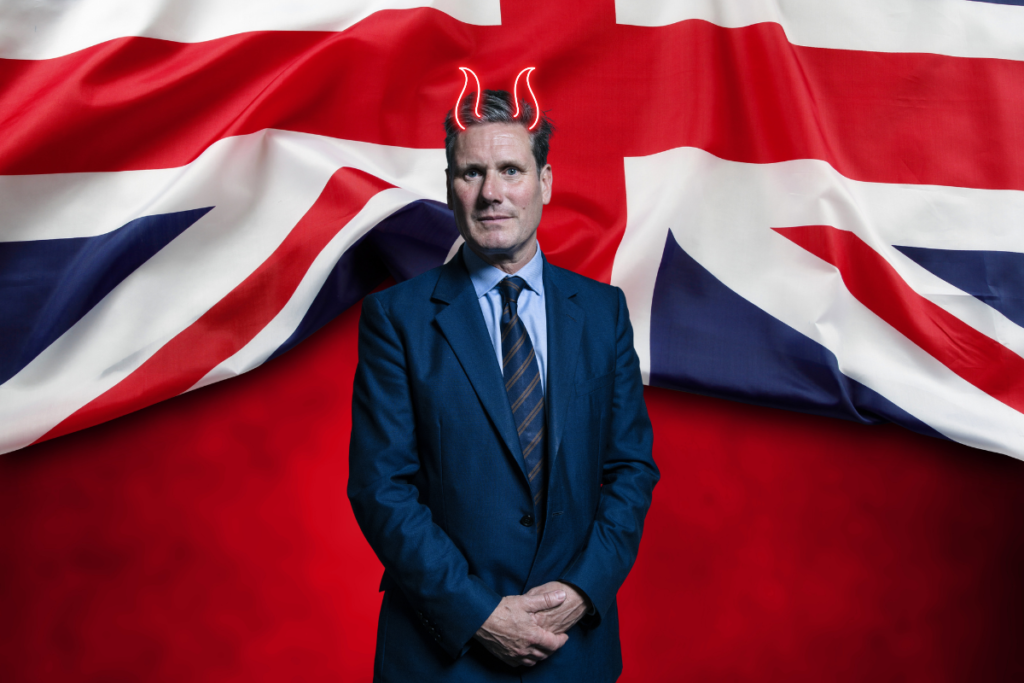In a significant shift in international relations, Ukrainian President Volodymyr Zelensky faces a daunting new reality following former President Donald Trump’s recent diplomatic overtures to Russian President Vladimir Putin. After a 90-minute phone call between Trump and Putin, the subsequent dialogue has raised concerns among Ukraine’s allies about the potential sidelining of Ukraine in negotiations over its future.
Zelensky’s apprehension was palpable as he commented on the phone call during a press conference in Kyiv, expressing discomfort over the fact that Trump prioritized a dialogue with Putin, stating, “It’s not very pleasant.” This development has left Zelensky worried about the implications of a Trump-Putin partnership that may seek to resolve the conflict in Ukraine without Ukraine’s direct involvement.
“We will not be able to accept any agreements made without our participation,” Zelensky asserted, emphasizing the necessity of including Ukraine in any discussions regarding its sovereignty.
As Zelensky prepares to attend the Munich Security Conference later this week, the urgency of rallying support from Ukraine’s allies is apparent. He is expected to engage with U.S. officials, including Trump’s former vice president, JD Vance, who has been critical of Biden’s military aid to Ukraine.
Conversations will likely center on the grim reality that Ukraine’s military situation is deteriorating, compelling Zelensky to argue for continued and robust support from Western nations.
European leaders are similarly concerned. Following discussions with Ukraine’s Defense Minister Rustem Umerov, European Union foreign policy chief Kaja Kallas emphasized the necessity of a prominent European role in any peace negotiations, stating, “Our priority now must be strengthening Ukraine and providing robust security guarantees.”
Despite the support from European allies, Zelensky recognizes that the United States remains the most formidable military power, making American backing crucial for Ukraine’s defense efforts.
The implications of Trump’s renewed diplomacy with Russia cannot be overstated. His rhetoric suggests a softer approach to Putin, contrasting sharply with Biden’s previous characterization of the Russian leader as a “pure thug” and “murderous dictator.”
Trump’s positive assessment of his conversation with Putin, as articulated in a post on his social media platform, underscores a potential shift in U.S. foreign policy that could embolden Russian ambitions in Ukraine.
This emerging dynamic raises critical questions about the future of U.S. support for Ukraine. Trump has indicated a willingness to negotiate terms that may involve concessions from Ukraine regarding its territorial integrity and NATO aspirations. Such a stance has drawn criticism from various quarters, including seasoned diplomats who liken it to appeasement reminiscent of historical precedents.
With Putin now back in conversation with Trump, there are fears among Western leaders that the Russian president could emerge as a key arbiter in determining the conflict’s resolution. Trump’s declaration that not all of Ukraine’s occupied land may be returned signals a drastically different approach to negotiations than what Kyiv has sought.
The contrasting positions between Ukraine and Russia present a formidable challenge. While Zelensky aims to reclaim Ukraine’s lost territories and secure NATO membership, Putin’s demands include territorial concessions from Ukraine and a commitment to neutrality. The stark divergence of these goals complicates the prospect of meaningful dialogue and exacerbates the urgency of the situation on the ground.
As both leaders navigate this complex geopolitical landscape, the outcomes of these discussions may reshape the future of Ukraine and its sovereignty. Zelensky’s leadership is now tested against the backdrop of waning military support and the precarious nature of international alliances. The stakes are higher than ever as the ongoing conflict reaches a critical juncture, not only for Ukraine but also for the broader balance of power in Europe.
As Zelensky confronts this moment of profound uncertainty, his ability to unify support among Western allies will be instrumental in determining the trajectory of Ukraine’s fight for independence. The decisions made in the coming weeks will have lasting implications, shaping the future of not only Ukraine but the West’s approach to Russian aggression in the years to come.



